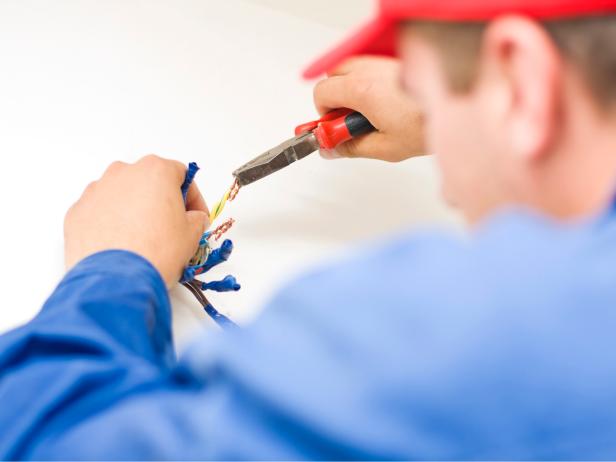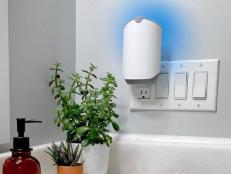Home Technology and Installation

Alexandru Kacso
When starting any home improvement project, it's important to consider how the project is going to impact your daily life in your home. Undoubtedly there will be workers in your home installing the integrated system, so ask for a written timeline of what you can expect while the work is being done.
Ask about what you need to do before the project begins and what you can do yourself such as moving furniture away from walls or at the least, who will be the point person you can speak to should you have any questions or concerns.
Identifying a designated foreperson on the project is imperative. Ask about the number of installers who will be in your home during the installation. Also ask about the cleanup afterward. Most reputable companies will want your repeat business should you choose to expand your integrated system and they want to be able to use you as a reference for other clients, so they are diligent about leaving your home clean once the project is completed.
If you did your homework when you hired the professional, you will already know that the firm you hired is licensed, bonded and insured so any loss or damage will be covered and you have checked the supplied references, but be prepared for changes in the timeline.
How long the work will take to complete depends on the complexity of the project, says Steve Edelman, director of sales at Integrated Electronic Solutions. "Replacing light switches to a wireless system might take two or three days, and audio and video upgrades can take up to a week to install." Bigger jobs will take longer. "Most midrange systems that involve retrofitting a whole house can take two to three weeks," says Joe Corona, owner of Corona Integrated Systems.
Simple security systems — wireless locks, a few cameras, some motion detectors and lighting upgrades that operate through radio waves — require little more than installing hardware so there is limited construction other than attaching the products to walls or through doors or doorjambs.
"Most new devices are wireless, so they don't need special wiring and it's not a huge deal," says Bill Weingarten, owner of HomeTech. But, installing a sophisticated audio/video system is a bigger job. "For new construction, it's better for the installers to get involved early before the drywall goes up. It requires in-wall wiring," he says.




































